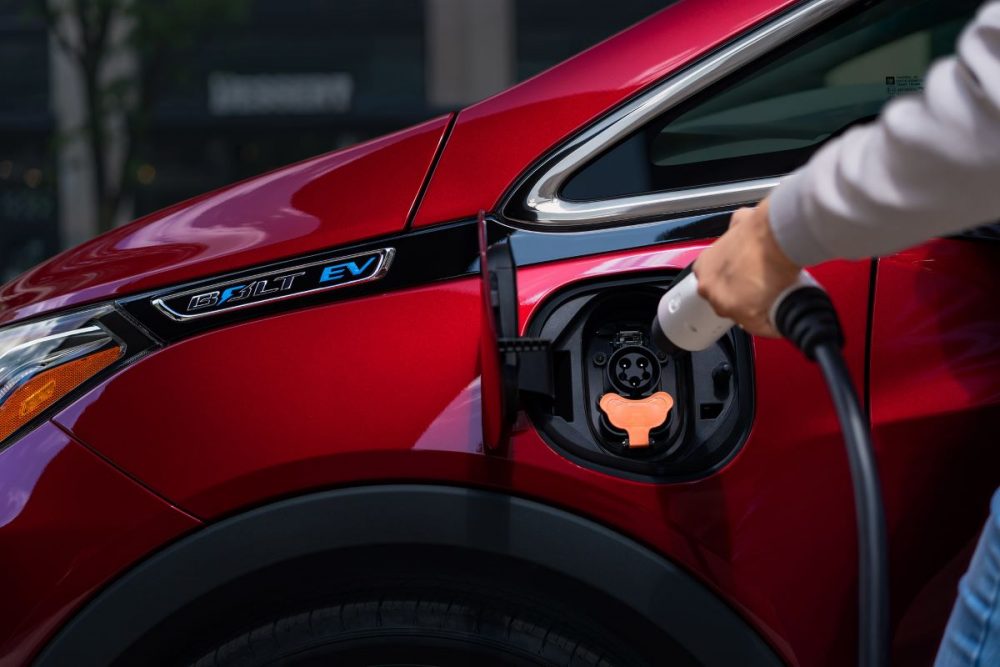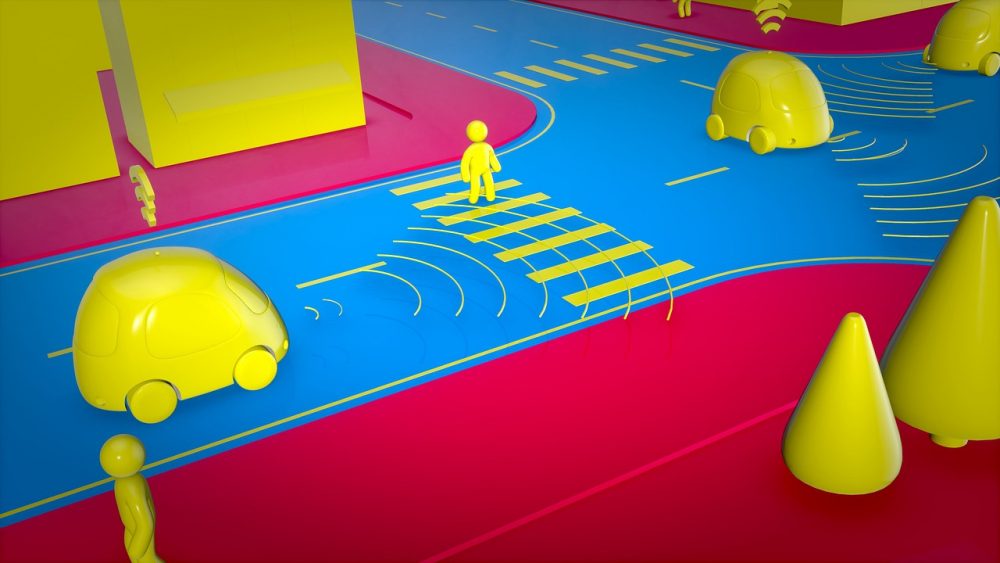J.D. Power Says That North Americans Are Still Wary of EVs and AVs

A lot of new technology is shaking up the auto industry, and some recent studies indicate that Americans are starting to warm up to the changes. But automakers still have a long way to go to convince everyone. The J.D. Power 2020 Q1 Mobility Confidence Index Study polled both Americans and Canadians and discovered lingering concerns about electric and autonomous vehicles.
More Confidence on the Road: Discover the benefits of OnStar
J.D. Power stats

Photo: Dustin Hart via Pixabay
Based on a 100-point index scale, Americans rated their confidence in AVs at 35 and their confidence in EVs at 55. This is the first time that self-driving technology rating has decreased since the publications started measuring this statistic. The EV rating, on the other hand, hasn’t changed.
Interestingly enough, this hesitancy about driverless technology and EVs extends to Canada. J.D. Power reports that Canadian drivers ranked confidence in self-driving tech at 36 and confidence in EVs at 57. That’s 3 and 2 points lower than previous ratings for these categories.
More data
Per CNET, 67 percent of Americans think self-driving technology isn’t ready for widespread consumer use. In addition, 30 percent of Americans claim that they’re totally ignorant about EVs and 70 percent of respondents said they’d never sat inside of one before.
Canadian drivers also expressed skepticism about self-driving technology. In particular, some expressed concern that driverless cars wouldn’t be able to handle the region’s snowy road conditions.
Both Americans and Canadians expressed a general concern that autonomous vehicles would lead to a society that lacked proper driving skills because they relied too much on this new technology.
Industry implications

Photo: Julien Tromeur via Pixabay
Kristin Kolodge, executive director of Driver Interaction & Human Machine Interface Research at J.D. Power, claims that automakers should re-evaluate their current EV and driverless vehicle production goals in light of the current research. “[Manufacturers] are investing billions in these technologies but they need to also invest in educating consumers.”
We’ll have to wait and see if these consumer confidence stats change toward EVs and driverless vehicles in the days ahead. Some experts are predicting that consumer needs for mobility will likely shift in the wake of the coronavirus outbreak. It’s likely that a portion of society will shift from public transportation to private vehicles. EVs and driverless cars might comprise a portion of these private vehicle sales.
Extra Assurance: Find a certified pre-owned vehicle to call your own

Whitney Russell resides in Dayton, though her spirit can be found beach-bumming in Puerto Rico (the land of her half-Puerto Rican heritage). When not crafting car-related content, she can be found chasing after the most amazing toddler in the world, watching her “beaver” of a husband build amazing woodworking projects, hanging out with two crazy dogs, and visiting family and friends. She also enjoys traveling, crafting, and binge-watching period dramas when time allows. See more articles by Whitney.

